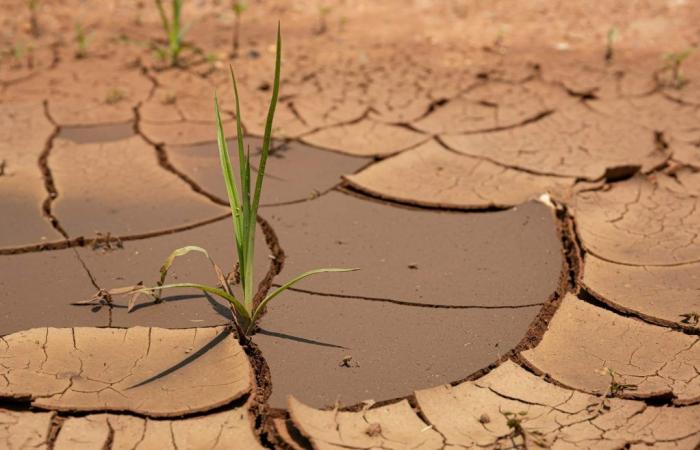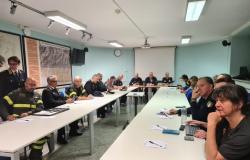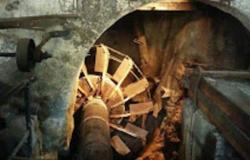Those in government (not all but many) say that this year the chill they feel outside their homes gives the lie to the alarms about the climate crisis and that their priority is to defend Italian production. Drought one field out of five is burning, causing a 20% drop in production, while the importation of less controlled foreign grains is putting Italian producers in difficulty. It’s not eco-terrorists who raise the alarm, but it Coldiretti who today reports a situation that is desperate, especially in Puglia e Sicilywhere yields per hectare have almost halved and many companies have given up harvesting.
The picture, already gloomy, is worsened by unfair competition. In the first three months of 2024, Italy saw an invasion of foreign grains, with more than 2.1 billion kilos of wheat crossing its borders, a 15% increase compared to the same period last year. The paradox is evident: while Italian wheat is struggling to grow, the markets are invaded by products of dubious quality coming from Türkiye, Kazakhistan e Ukraine. The first quotation of wheat on the Foggia commodity exchange was 13 euros per ton less than the last quotation of 2023, a figure that does not even cover production costs.
Climate crisis and unfair competition: the fight for survival of Italian agriculture
Coldiretti denounces the use of substances banned in Europe in exporting countries. Turkey, for example, uses fungicides such as Carbendazim and the Malathiontoxic to bees and suspected carcinogens. The same applies to Ukrainian wheat, treated with the Chlorothalonilalso suspected of being carcinogenic. Faced with this panorama, the future of approximately two hundred thousand Italian agricultural companies is at risk, and with it, the quality of durum wheat destined for pasta, the pride and symbol of our gastronomic culture.
Hector Lunchespresident of Coldiretti, does not mince his words: “We must enforce the principle of reciprocity on imports. We cannot tolerate the invasion of grain treated with substances that have been banned here for decades.” The request is clear: reduce dependence on foreign countries by promoting supply chain agreements between agricultural and industrial companies with clear objectives and fair prices that cover production costs.
But the solution is not just economic. For Coldiretti, “a serious investment against climate change” is needed, accelerating the use of new assisted evolution techniques (Tea) and creating rainwater storage basins. And no less important is the need to combat the invasion of wildlife which forces many internal areas to abandon their land.
Coldiretti’s solutions and requests: reciprocity, climate investments and the fight against wildlife
The current situation is not just a market issue but according to Coldiretti “a battle for the survival of Italian agriculture”. It is a “fight against time, climate and a global market that often plays with unfair rules”. The quality of Italian wheat, recognized as averagely good-excellent, “must be protected and enhanced”. “We cannot allow our countryside, a symbol of tradition and quality, to be crushed by foreign competition and a merciless climate”, they write.
Here we get to the tilt. The main organization of agricultural entrepreneurs at national and European level is the litmus test of how the mystification of climate change can be useful to gather votes but is dangerous if applied to the actions of a government. To defend the “made in Italy” the letterhead of a new ministry is not enough and there is no need to delude ourselves that the catastrophe is just an ideology. The transition is not an unscientific fight over the car engine in the garage. It’s a question of “survival”. Word of Coldiretti.






